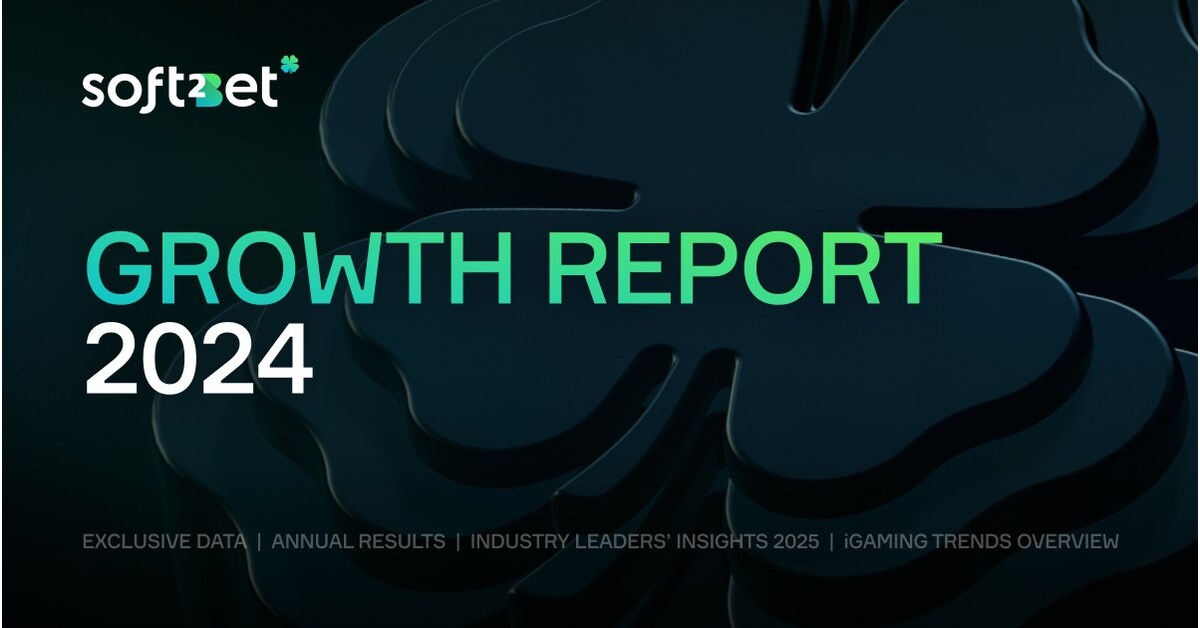Department of Government Efficiency co-lead and former U.S. presidential candidate Vivek Ramaswamy isn’t prepared just yet to reveal his hand when it comes to where the new agency he will run with Elon Musk under President-elect Trump, DOGE, will target spending cuts.
But one immediate area of focus where he isn’t holding back is what he described as any “last minute spending spree” from the Biden administration within signature policy measures such as the Inflation Reduction Act and CHIPS Act.
As an example, Ramaswamy cited a recent $6.6 billion loan to EV maker Rivian Automotive.
“Current last minute IRA, CHIPS Act, and countless other federal spending sprees authorized under Biden, if suddenly you have spike in the rate of spending and dollars out the door,” Ramaswamy said at the CNBC CFO Council Summit in Washington, D.C. on Wednesday, “in some cases it is indefensible,” he said.
“The $6.6 billion loan to Rivian … I don’t think it will be paid back,” he said.
Ramaswamy described Biden authorizations in recent days as potentially being equivalent to a “fiduciary breach.”
In addition to the Rivian loan, the U.S. Energy Department said on Monday it is planning to loan up to $7.54 billion to a joint venture of Chrysler parent Stellantis and Samsung SDI to help build two electric vehicle lithium-ion battery plants in Indiana.
“This is fair game for review,” Ramaswamy said. He compared it to a company firing a CEO and CFO, who in their final days approve spending from a term sheet but the money has not been yet dispensed. “The board would review it,” he said.
It is not clear if there is sufficient time for some of the deals announced by the Biden administration to be finalized.
“Those deserve special scrutiny,” Ramaswamy said. “Anything happening in this eleventh hour, midnight- hour spending. … any eleventh-hour spending as a response to the election merits special review, and if it was accomplished by executive power it can be undone by executive power.”
Rivian could not be immediately reached for comment.
EVs were the target of several new GOP powerbrokers who spoke at the CNBC CFO Council Summit, with incoming Ohio Senator Bernie Moreno, a former car dealer who wants to be a “car czar” for Trump, saying that the EV tax credits are “catastrophically stupid.”
DOGE co-lead Elon Musk runs the largest publicly traded U.S. EV maker Tesla, as well as SpaceX — which has significant contracts with the federal government and competition for those contracts — and Ramaswamy was asked about Musk managing conflicts of interest as the head of a government agency with the ability to influence government decisions.
“This applies to me, it applies to anybody else in government too … anybody who’s offering recommendations, you should always have a skeptical lens to look at, what are their motivations for making that recommendation? I say that’s the best advice I’d give the public always. Be skeptical when somebody’s making a recommendation. That being said, apply that standard 360 degrees. What do we have today? You have regulators who are regularly joining the industries that they regulated. Is that a conflict of interest when they were making that decision as a regulator? Absolutely.”
“So I think that we need to apply that 360 degrees, and that’s a good spirit to bring to the exercise. I don’t think it should be a substitute for an actual debate on the merits, though. And I think, in many cases, the debate on the merits in some ways is sidestepped through proceduralism. I don’t want to see that happen,” he added.
Ramaswamy said “time is of the essence” for DOGE since it has been designed to auto-delete as an agency in 18 months, on July 4, 2026. And he said DOGE will prioritize what is most important and use “early wins” to build on, and then go further in a “logical, measured but aggressive” way in targeting government waste and fraud.
But other than Rivian, Ramaswamy said, “three weeks in advance of Jan. 20 when we officially start, I resist the idea of cherry-picking.”







